A flourishing flower garden is a delight to behold, but pesky pests can quickly turn it into a battleground. While chemical pesticides may provide a quick fix, they can also harm beneficial insects, soil health, and the environment. Fortunately, there are natural and eco-friendly methods for managing pests in your flower garden, allowing you to protect your blooms without compromising on safety or sustainability. From attracting beneficial insects to practicing good garden hygiene, these strategies will help you keep your flower garden pest-free and thriving. In this guide, we’ll explore effective techniques for managing pests in flower gardens naturally, so you can enjoy healthy, beautiful blooms all season long.
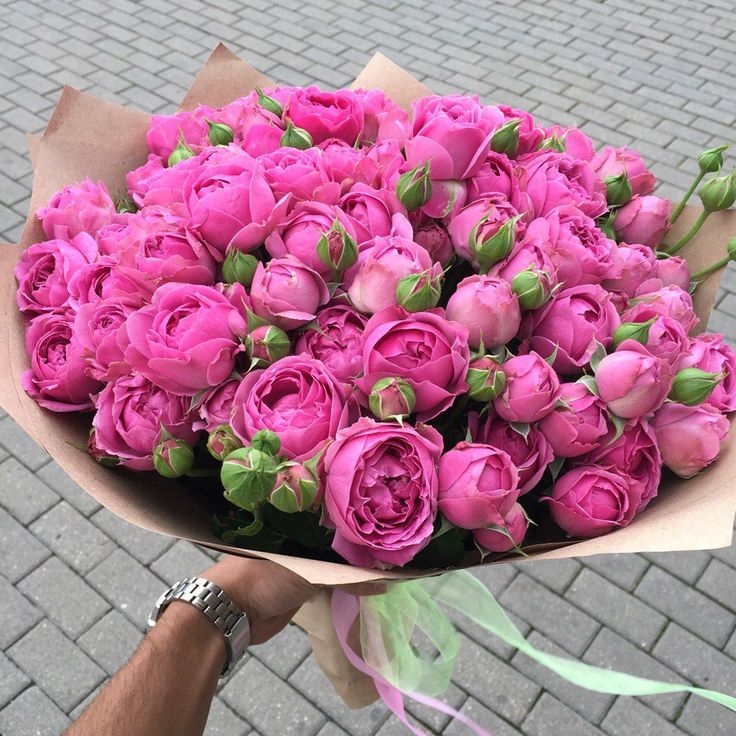
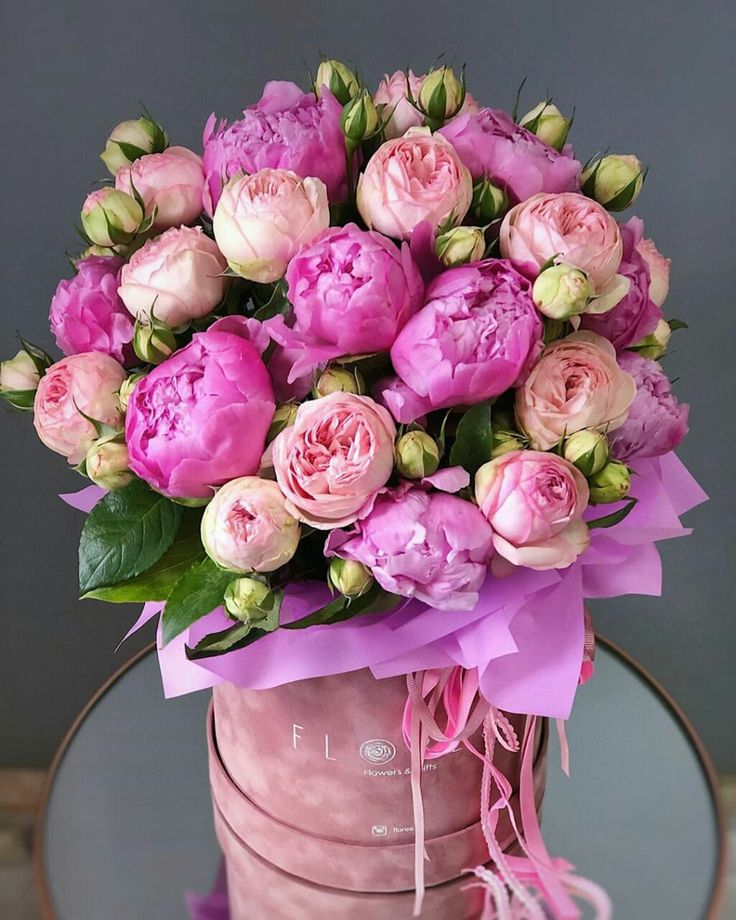
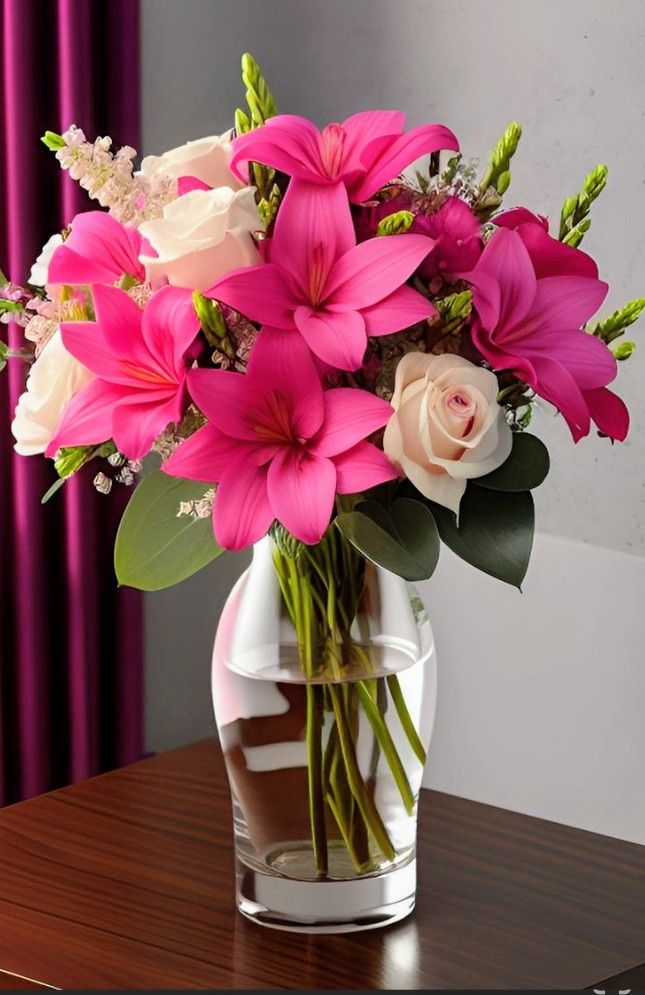
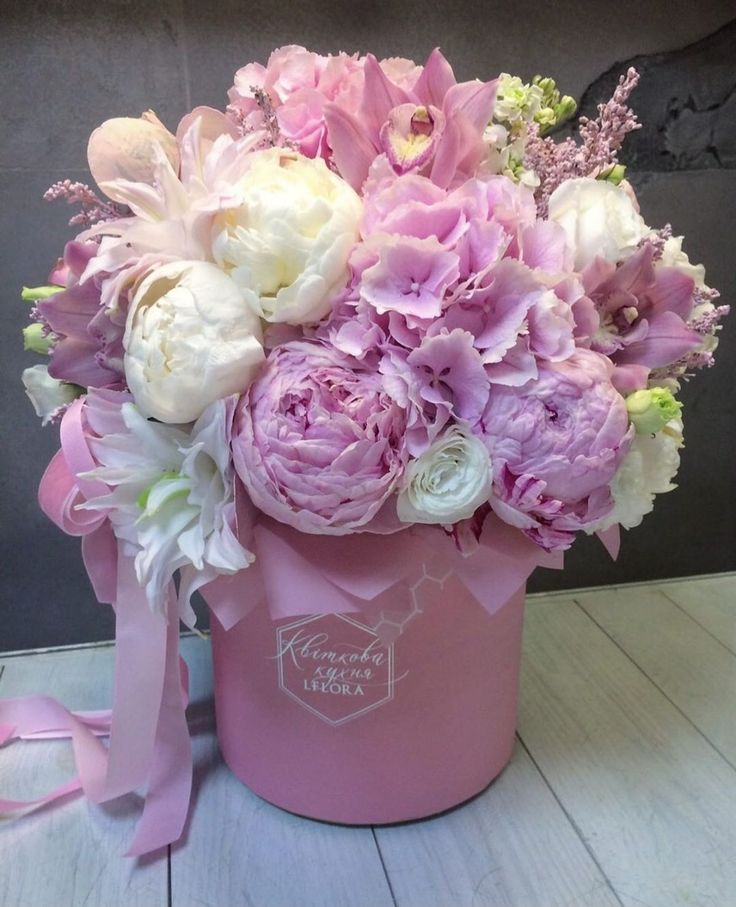
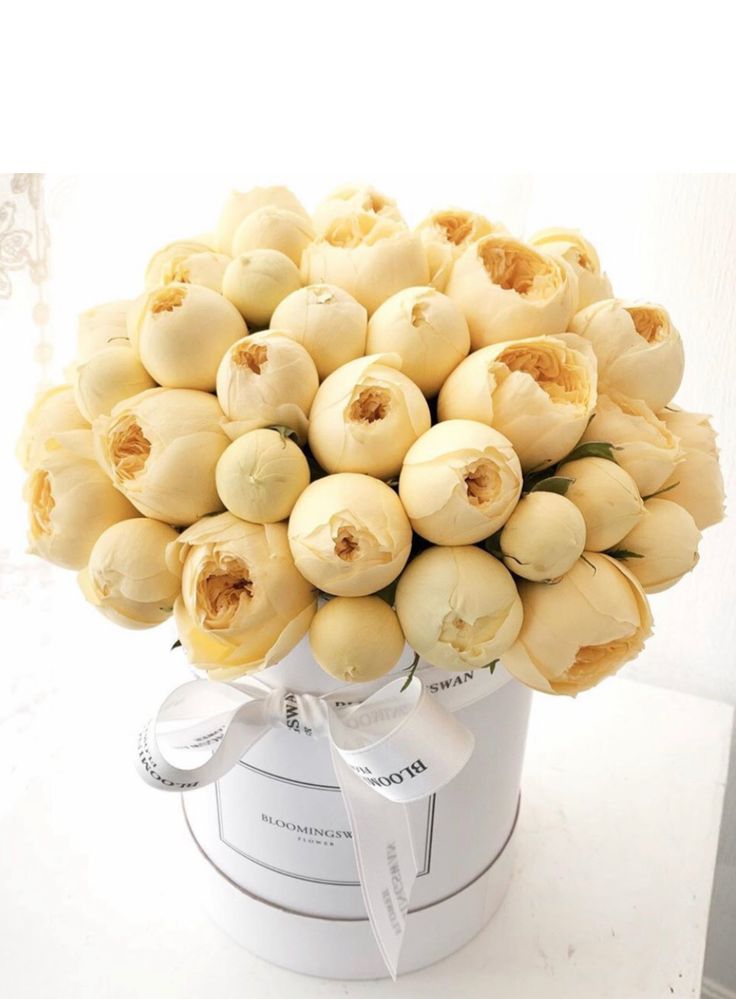



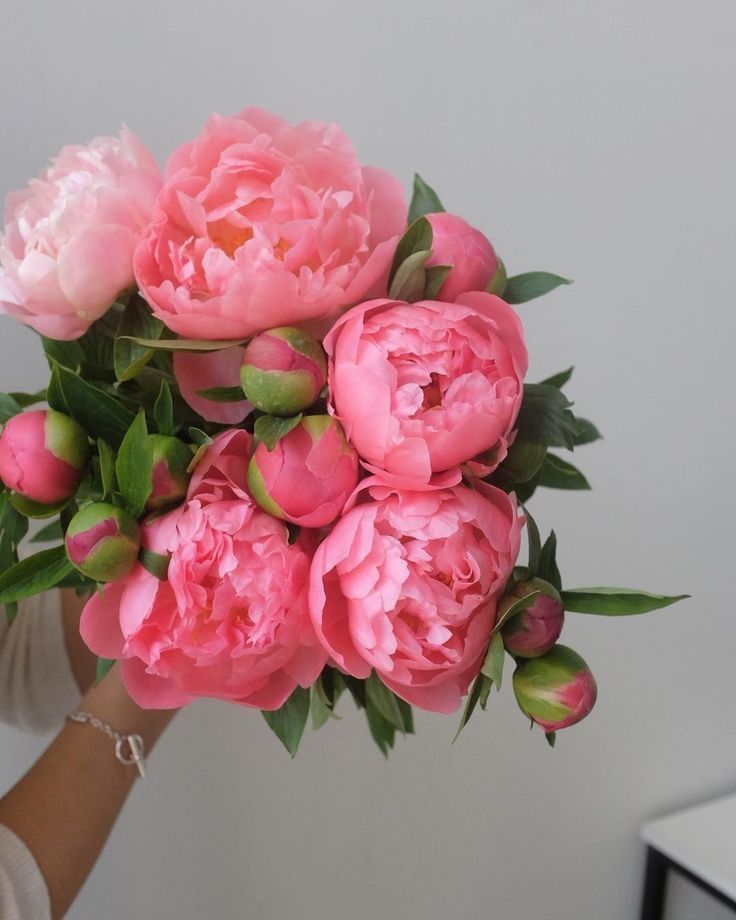
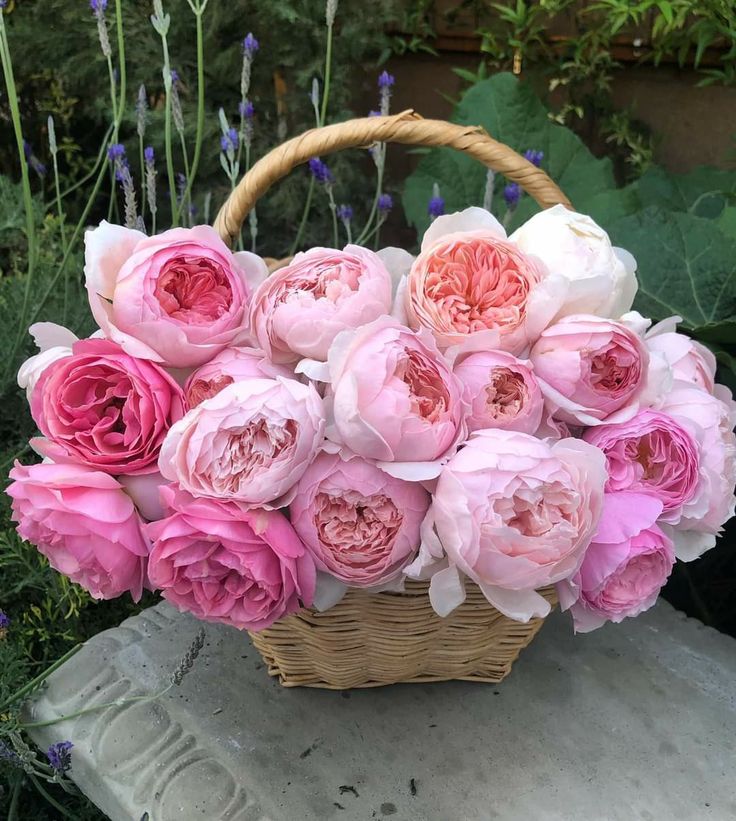
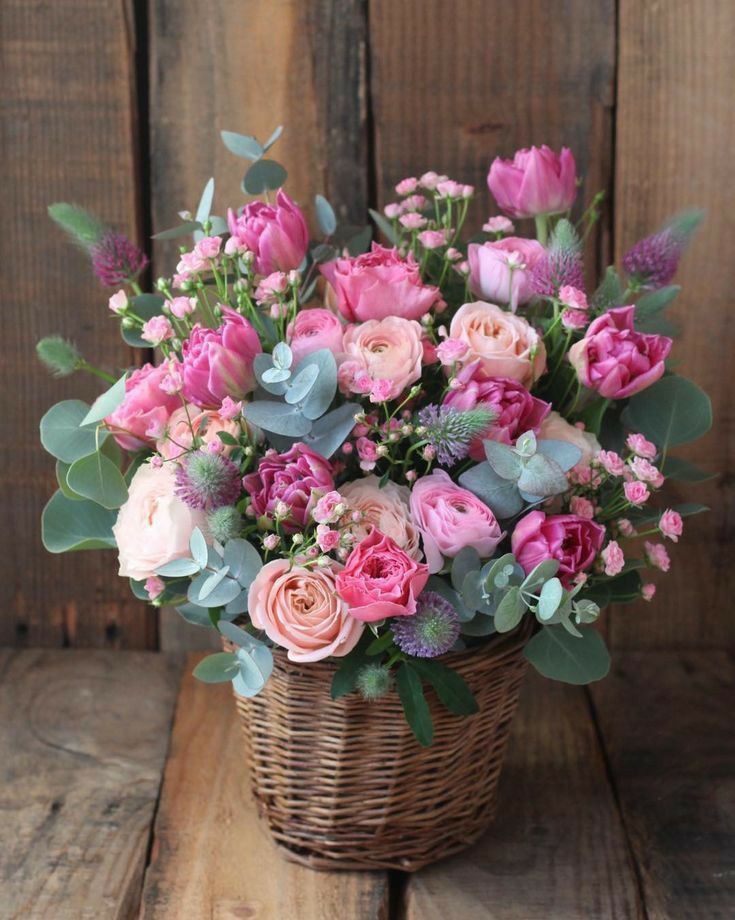
Understanding Garden Pests
Before implementing pest management strategies, it’s essential to identify common pests that may target your flower garden:
- Aphids: Small, soft-bodied insects that suck sap from plant tissues, causing leaves to curl, wilt, or become distorted. Aphids reproduce rapidly and can quickly infest flower beds if left unchecked.
- Spider Mites: Tiny arachnids that feed on plant sap and spin fine webs on the underside of leaves. Spider mites thrive in hot, dry conditions and can cause yellowing, stippling, or webbing on plant foliage.
- Caterpillars: Larvae of moths or butterflies that feed on plant leaves, buds, or flowers. Caterpillars can defoliate plants and cause significant damage if populations are allowed to multiply unchecked.
- Slugs and Snails: Soft-bodied mollusks that feed on plant foliage, leaving behind irregular holes or slime trails. Slugs and snails are most active at night and prefer moist, shady environments.
- Whiteflies: Tiny, white insects that feed on plant sap and can cause leaves to yellow, wilt, or become sticky with honeydew. Whiteflies can transmit plant viruses and weaken plant vigor over time.
Natural Pest Management Techniques
Explore these eco-friendly strategies for managing pests in your flower garden naturally:
- Attract Beneficial Insects: Encourage natural predators such as ladybugs, lacewings, and parasitic wasps to your garden by planting nectar-rich flowers, such as marigolds, yarrow, and dill. These beneficial insects feed on garden pests like aphids, caterpillars, and whiteflies, helping to keep their populations in check.
- Practice Crop Rotation: Rotate flower beds annually to disrupt pest life cycles and reduce the buildup of pest populations in the soil. Avoid planting susceptible flowers in the same location year after year, as this can attract pests and increase the risk of infestation.
- Maintain Garden Hygiene: Keep your flower garden clean and tidy by removing debris, weeds, and fallen leaves regularly. Pests and their eggs often hide in plant debris, so eliminating potential hiding spots can help reduce pest populations and prevent infestations.
- Use Physical Barriers: Protect vulnerable plants from pests like caterpillars, slugs, and snails by installing physical barriers such as row covers, netting, or copper tape around plantings. These barriers create obstacles that pests cannot easily overcome, reducing damage to plants.
- Apply Natural Repellents: Use natural repellents such as neem oil, garlic spray, or insecticidal soap to deter pests from feeding on your flowers. These organic solutions are safe for plants, humans, and beneficial insects, making them an environmentally friendly alternative to chemical pesticides.
- Introduce Biological Controls: Release beneficial organisms such as predatory nematodes, predatory mites, or beneficial fungi into your garden to target specific pests. These biological controls prey on pest insects or disrupt their life cycles, helping to keep pest populations in check without harming beneficial insects or the environment.
Conclusion
Managing pests in flower gardens naturally is not only effective but also environmentally friendly and sustainable. By implementing strategies such as attracting beneficial insects, practicing good garden hygiene, using physical barriers, applying natural repellents, and introducing biological controls, you can keep your flower garden healthy and pest-free without resorting to harmful chemicals. Whether you’re dealing with aphids, spider mites, caterpillars, slugs, or whiteflies, these eco-friendly pest management techniques will help you protect your blooms and enjoy a beautiful, thriving flower garden all season long. With a little care, attention, and creativity, you can create a garden that blooms abundantly and brings joy and beauty to your outdoor space for years to come.